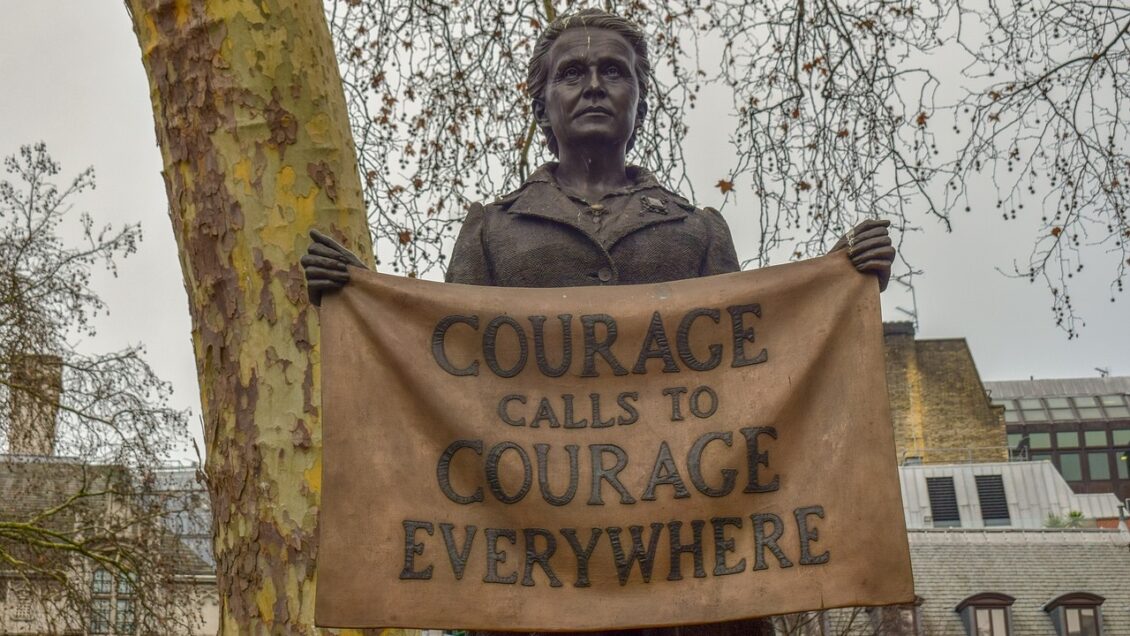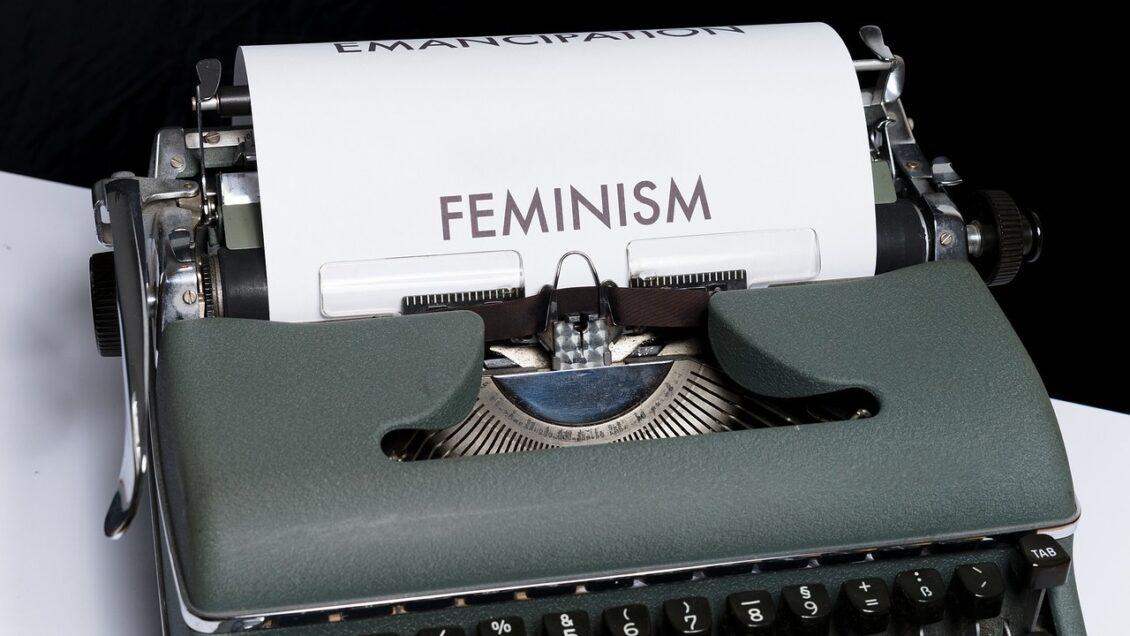The relevance of this topic is beyond doubt, as the position of women in politics has been a problem for more than one century. And it is today, at a time when the world is rethinking many processes and existing realities, when a woman has become a full member of political life, claiming her rights and getting them, it is necessary to pay special attention to this problem. After all, all people are equal. And we think that the world of politics without women is not a full-fledged world, one-sided.
The main objectives of the School of Women’s Political Education are as follows:
TASK 1
To identify and characterize the different stages of the problem of gender inequality.
TASK 2
To examine the specifics of women’s political behavior in politics.
TASK 3
To show the real contribution of women in solving political and international problems.
Historical Overview

- According to experts, demands for equal rights were first made by women during the formation of the bourgeois system. Already during the War of Independence in North America in 1775-83, a demand for equal suffrage rights for women with men was put forward. The beginning of the organized Women’s Movement dates to the time of the Great French Revolution.
- During the years of the Revolution, women of the people actively participated in all major popular demonstrations. The Declaration of the Rights of Woman and the Female Citizen, presented to the National Assembly in 1791, was directed against the “domination of men over women” and demanded that men recognize the full social and political equality of women for the realization of “universal human rights”.

- The declaration aroused a storm of public indignation. It especially disliked the phrase that would later become a cliché: “If a woman has the right to ascend the scaffold, she must also have the right to ascend the tribune.
- The revolutionary authorities, on the other hand, maintained a position of silence throughout the entire period of the revolution. They could neither accept women’s political demands nor reject them outright.
- Revolutionary legislators never recognized women’s right to be included in the category of “free” and “equal. And this denial, first by silence and then explicitly, would lead to the emergence of feminism, a movement in defense of women’s political and civil rights.